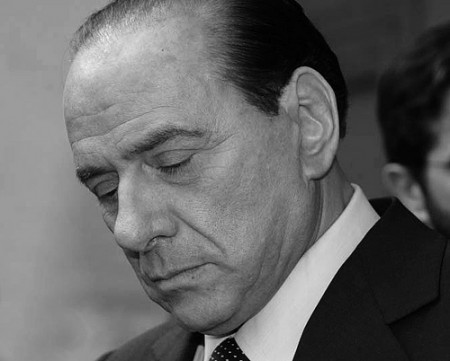
When speaking of press freedom, Western European countries usually score highest in rankings from institutions like Freedom House or Reporters Without Borders. They are all declared as “free” with one notable exception: Italy.
In the 2009 report Freedom House downgraded Italy from “free” to “partly free”, highlighting worrisome trends that have been underlined by recent events.
In February of this year four managers from Google Italy’s YouTube branch had to stand trial because of accusations regarding privacy violations. This was only one month after Italian officials proposed a new law against online copyright infringement which holds responsible companies that host and broadcast copyright protected content illegally (i.e. YouTube). Meanwhile, Google is still engaged in a similar legal dispute with Mediaset, a private media corporation controlled by Prime Minister Silvio Berlusconi.
On 2 March 2010 the administrative council of Italy’s public television network RAI announced that two popular political talk shows will not be allowed to broadcast for one month until regional elections are over. State officials justified the decision by pointing to a law that guarantees equal opportunity of representation on public media channels to all parties. However, opponents argue that the decision is purely political as the two talk shows “Anno Zero” and “Balla-rò” have heavily criticized Berlusconi in the past.
Moreover, RAI’s administrative council is a rather political body. Out of its nine members, seven are selected by a parliamentary committee which ensures that a majority of the council’s members side with Berlusconi. This has important implications in a country where more than 80 percent of private media channels are under the control of the prime minister already. The only noteworthy “independent” national TV stations in Italy are La7 (which has little more than three percent of the market share) and MTV Italia, an international network that broadcasts music clips and date shows.
What happens to political pluralism and to press freedom for the major TV channels (be they private or public) when they’re in the hands of one man who happens to be the current head of state? Should it worry us that even countries such as Ghana and Mali score better than Italy in the Freedom House rankings on press freedom? Perhaps the upcoming regional elections at the end of this month will tell.


One reply on “Italian Media Monopoly”
Similar blog post by Barbara Serra on the Al Jazeera Blog: http://blogs.aljazeera.net/europe/2010/03/08/italian-election-goes-sotto-voce